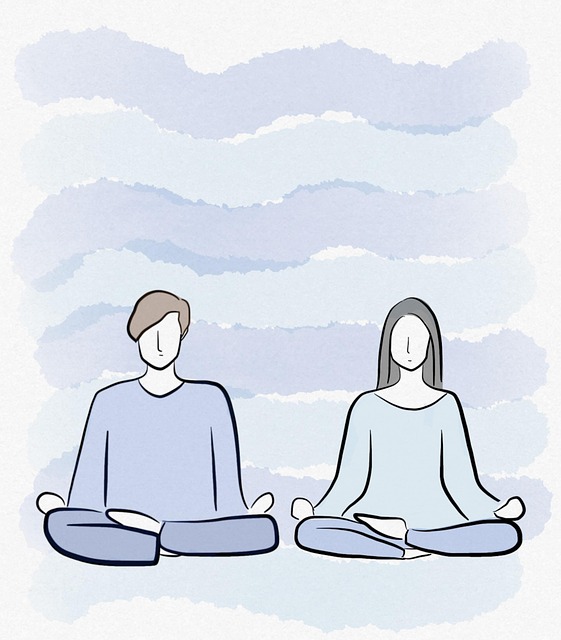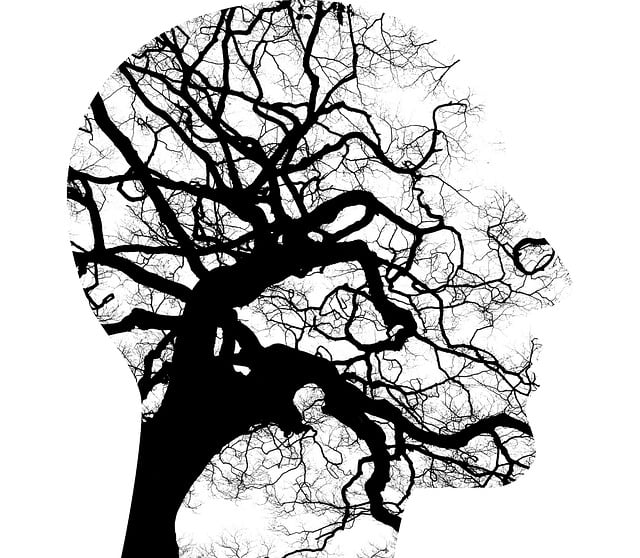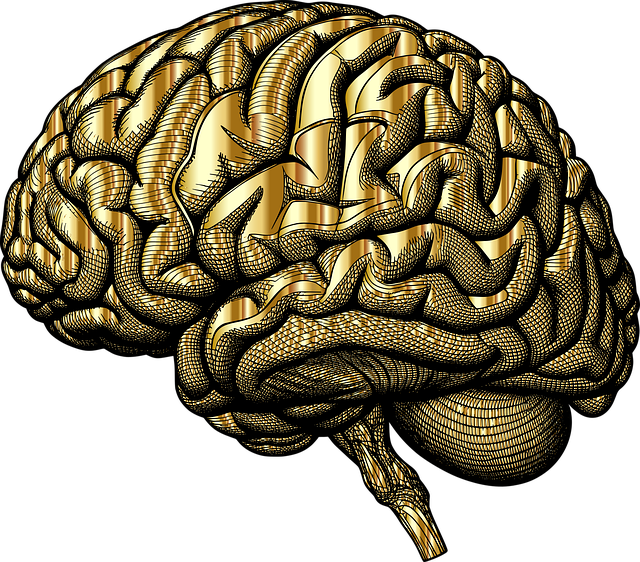Mindfulness meditation emerges as a powerful therapy for chronic pain, offering a holistic approach to managing persistent discomfort. By cultivating present-moment awareness, this ancient practice enables individuals to view pain as a signal rather than an enemy. Regular mindfulness meditation significantly reduces symptoms of chronic pain, anxiety, and depression, promoting emotional intelligence, resilience, and improved overall well-being. Integrating mindfulness into daily routines enhances conflict resolution skills and provides tools to transform chronic pain from a burden to a manageable condition. Creating a dedicated meditation space with elements that promote relaxation further supports this therapeutic journey.
Unwind your mind and discover the power of mindfulness meditation—a game-changer in managing chronic pain. This comprehensive guide delves into the ancient practice’s modern relevance, offering a holistic approach to wellness. Learn how regular sessions can provide relief, from setting up your serene space to effective techniques for pain management. Explore integration strategies to sustain long-term benefits, making mindfulness therapy for chronic pain an accessible and transformative journey.
- Understanding Mindfulness Meditation for Chronic Pain Relief
- Benefits of Regular Practice: A Holistic Approach to Wellness
- Setting Up Your Meditation Space: Creating a Peaceful Haven
- Techniques and Exercises for Effective Chronic Pain Management
- Integrating Mindfulness into Daily Life: Sustaining Long-Term Relief
Understanding Mindfulness Meditation for Chronic Pain Relief

Mindfulness meditation has emerged as a powerful therapy for chronic pain, offering a unique and effective approach to managing persistent discomfort. This ancient practice focuses on bringing one’s attention to the present moment, cultivating awareness of bodily sensations, thoughts, and emotions without judgment. By engaging in mindfulness meditation, individuals can develop a deeper understanding of their pain, allowing them to view it as a signal rather than an enemy. This shift in perspective enables people to employ conflict resolution techniques within their minds, transforming their relationship with chronic pain.
The benefits extend beyond the physical; regular practice enhances self-awareness exercises, encouraging individuals to recognize triggers and patterns contributing to their pain. Furthermore, mindfulness meditation encourages the development of a consistent self-care routine for better mental health, providing tools to navigate life’s challenges with resilience and a sense of calm.
Benefits of Regular Practice: A Holistic Approach to Wellness

Regular mindfulness meditation practice offers a holistic approach to wellness, encompassing physical and mental health. Studies have shown that it can significantly reduce symptoms associated with chronic pain, anxiety, and depression—effects that extend beyond stress reduction methods traditionally employed. By fostering a deeper connection with one’s thoughts and emotions, mindfulness serves as both a therapy for chronic pain and a tool in mental illness stigma reduction efforts. It encourages acceptance and understanding, thereby promoting healthier coping mechanisms and improved overall well-being.
Moreover, integrating mindfulness into daily routines can serve as an effective conflict resolution technique. Its emphasis on the present moment helps individuals navigate challenging situations with greater clarity and composure, leading to more productive outcomes in personal and professional settings. This holistic approach not only enhances stress reduction methods but also empowers individuals to handle conflicts constructively, contributing to a sense of balance and peace in their lives.
Setting Up Your Meditation Space: Creating a Peaceful Haven

Creating a dedicated meditation space is a powerful way to prepare for your mindfulness practice, especially if you’re seeking therapy for chronic pain relief. This sanctuary should be designed with intention and respect for your mental health goals. Consider a quiet area where you can retreat, free from distractions and everyday noise—a place that feels safe and soothing. Incorporate elements that promote relaxation; soft lighting, comfortable seating, or even fragrant candles can help create a sense of calm.
The design of your space should reflect the Mind Over Matter principles, fostering an environment conducive to mental health education and self-care. Cultural sensitivity is also key; ensure your setup respects any personal cultural practices that may influence your meditation experience. Whether it’s a few plants, meaningful art, or a sacred object, personalize your sanctuary to make each meditation session a transformative journey towards improved well-being, potentially offering additional relief from chronic pain.
Techniques and Exercises for Effective Chronic Pain Management

Chronic pain management through mindfulness meditation involves a range of techniques and exercises designed to help individuals regain control over their mental state and alleviate physical discomfort. One effective approach is focusing on the breath, where practitioners are guided to observe each inhalation and exhalation, allowing them to remain grounded in the present moment. This simple yet powerful technique can significantly reduce stress levels and enhance resilience, which are crucial aspects in navigating chronic pain.
Additionally, mindfulness meditation encourages the practice of body scans, where individuals systematically attend to different parts of their bodies, noticing any sensations without judgment. This exercise fosters a deeper connection with one’s physical self, enabling better awareness of pain triggers and promoting more effective coping strategies. Integrated within public awareness campaigns for therapy in chronic pain management, these practices can empower folks to take charge of their well-being, thereby improving their overall quality of life.
Integrating Mindfulness into Daily Life: Sustaining Long-Term Relief

Integrating mindfulness into your daily routine can offer long-lasting relief from chronic pain, transforming it from a persistent burden to a manageable condition. This ancient practice has gained modern recognition as an effective therapy for chronic pain, promoting emotional intelligence and building resilience. By cultivating awareness of the present moment, individuals can reduce the mental habits that contribute to pain amplification. Mindfulness meditation encourages acceptance rather than judgment, enabling folks to develop a more compassionate relationship with their bodies and alleviate the emotional stress often associated with chronic pain.
Regular mindfulness practice facilitates self-care by fostering a sense of calm and enhancing one’s ability to make conscious choices. This can include simple acts like pausing to take a mindful breath during a stressful day or engaging in formal meditation sessions. Over time, these practices contribute to improved emotional regulation, enhanced focus, and increased overall well-being, creating a buffer against pain intensification.
Mindfulness meditation offers a powerful therapy for chronic pain, transforming your relationship with discomfort. By regularly practicing and integrating mindfulness into daily life, you can achieve holistic wellness and sustain long-term relief. Setting up a peaceful meditation space and employing effective techniques will enhance your journey towards mental and physical well-being. Embrace the benefits of this ancient practice to navigate and manage chronic pain with grace and resilience.











